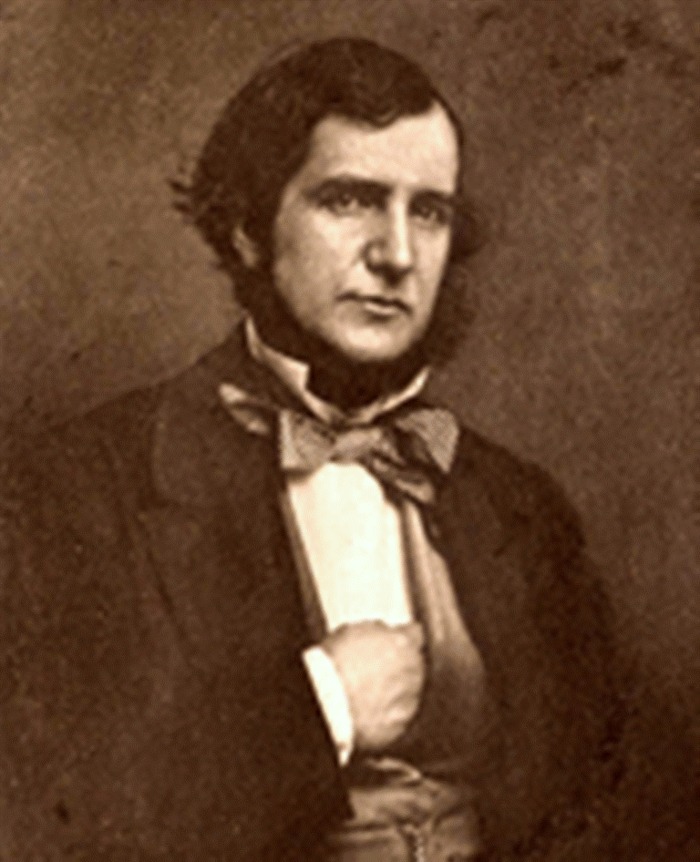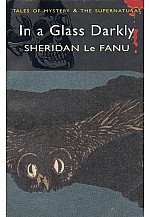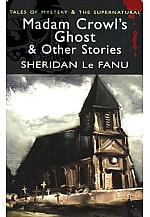
Joseph Sheridan Le Fanu
Joseph Thomas Sheridan Le Fanu ( 28 August 1814 – 7 February 1873) was an Irish writer of Gothic tales, mystery novels, and horror fiction. He was a leading ghost story writer of the nineteenth century and was central to the development of the genre in the Victorian era. M. R. James described Le Fanu as "absolutely in the first rank as a writer of ghost stories". Three of his best-known works are Uncle Silas, Carmilla, and The House by the Churchyard. Le Fanu worked in many genres but remains best known for his horror fiction. He was a meticulous craftsman and frequently reworked plots and ideas from his earlier writing in subsequent pieces. Many of his novels, for example, are expansions and refinements of earlier short stories. He specialised in tone and effect rather than "shock horror" and liked to leave important details unexplained and mysterious. He avoided overt supernatural effects: in most of his major works, the supernatural is strongly implied but a "natural" explanation is also possible. The demonic monkey in "Green Tea" could be a delusion of the story's protagonist, who is the only person to see it; in "The Familiar", Captain Barton's death seems to be supernatural, but is not actually witnessed, and the ghostly owl may be a real bird. This technique influenced later horror artists, both in print and on film (see, for example, the film producer Val Lewton's principle of "indirect horror"). Though other writers have since chosen less subtle techniques, Le Fanu's finest tales, such as the vampire novella Carmilla and the short story "Schalken the Painter", remain some of the most powerful in the genre. He had enormous influence on one of the 20th century's most important ghost story writers, M. R. James, and although his work fell out of favour in the early part of the 20th century, towards the end of the century interest in his work increased and remains comparatively strong.




